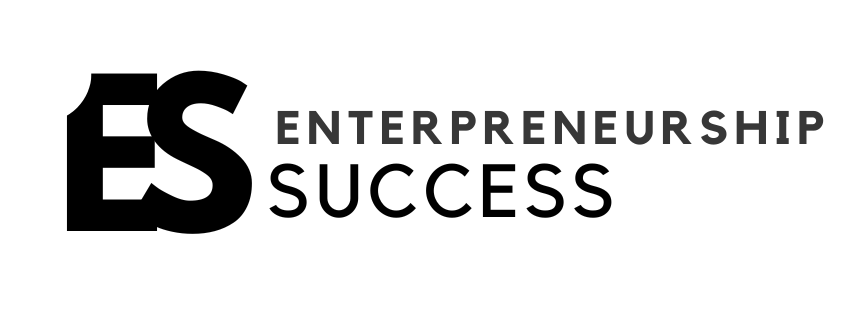Nigeria’s business landscape is experiencing dynamic shifts across various sectors. Here’s an overview of the latest trends shaping companies and markets in the country:
1. Economic Growth and Sectoral Performance
Robust GDP Growth: In the fourth quarter of 2024, Nigeria’s economy expanded by 3.84%, marking the fastest growth in three years. This surge was primarily driven by the services sector, which saw a 5.37% year-on-year increase.
Annual Growth Figures: For the entire year of 2024, the economy grew by 3.40%, up from 2.74% in 2023, though it fell short of the government’s 6% target.
2. Energy Sector Developments
Local Acquisition of Oil Assets: Seplat, a Nigerian energy company, completed a $1.28 billion acquisition of Exxon’s local operations in December 2024. This move aims to double production from 50,000 to 120,000 barrels per day within six months, as international oil majors retreat from onshore operations due to environmental and security challenges.
Dangote Refinery Commences Operations: Aliko Dangote’s mega-refinery near Lagos began supplying petrol to Nigerian stations in October 2024. Despite initial challenges and delays, the refinery operates at 60-70% capacity, aiming to reduce Nigeria’s reliance on imported fuel.
3. Financial and Fintech Innovations
Moniepoint’s Significant Investment: Nigerian fintech company Moniepoint secured $110 million in funding in October 2024, with contributions from Google and other investors. This investment aims to enhance digital payments and banking solutions across Africa, valuing Moniepoint at over $1 billion.
Introduction of AfriGo Card Scheme: Launched in January 2023, the AfriGo domestic card scheme by the Central Bank of Nigeria offers a cost-effective alternative to international card services. Settling fees in naira, it reduces dependence on foreign exchange and aims to enhance financial inclusion.
4. Challenges in Renewable Energy Expansion
Stalled Solar Projects: Despite initial enthusiasm, 14 proposed solar farms in Nigeria were halted due to the government’s failure to guarantee essential conditions for developers. Challenges include a high-risk business environment and currency fluctuations, reflecting broader issues in scaling renewable energy projects across sub-Saharan Africa.
5. Corporate Financial Adjustments
PZ Cussons Reduces Dividend: The consumer goods company PZ Cussons cut its dividend by 44% following a significant decline in Nigeria’s currency value, which impacted full-year profits. The devaluation led to a 39.7% drop in pre-tax profits, prompting the company to consider selling its Africa business.
6. Telecommunications and Internet Expansion
5G Network Rollout: MTN Nigeria and Airtel Nigeria have launched 5G services in major cities, including Lagos, Abuja, and Port Harcourt, aiming to enhance connectivity and support the digital economy.
Internet Penetration Growth: As of January 2022, Nigeria had over 109 million internet users, with mobile devices accounting for more than 84% of access. Efforts to improve infrastructure and affordability continue to drive increased connectivity.
7. E-commerce and Digital Marketing Trends
Rise in Online Shopping: The e-commerce market in Nigeria is experiencing significant growth, driven by increased internet access and mobile device usage. Consumers are increasingly favoring online platforms for convenience and broader product selection.
Enhanced Digital Marketing Efforts: Nigerian businesses have intensified their marketing strategies, with a 35.9% increase in budgets from 2021 to 2023. This focus aims to boost brand visibility and competitiveness in a dynamic market.
